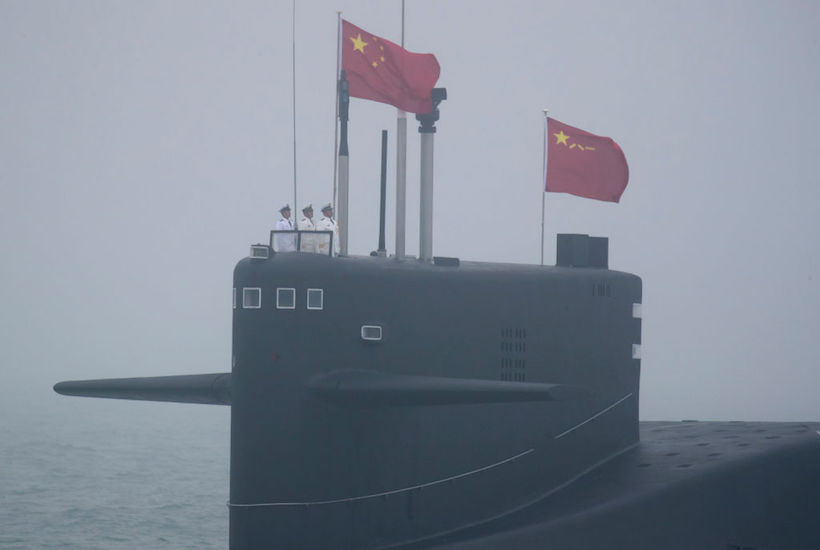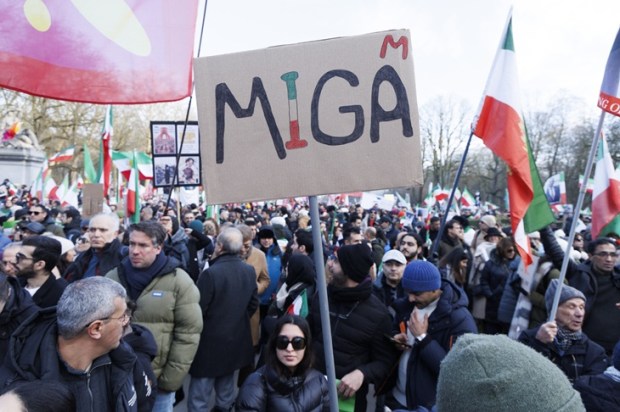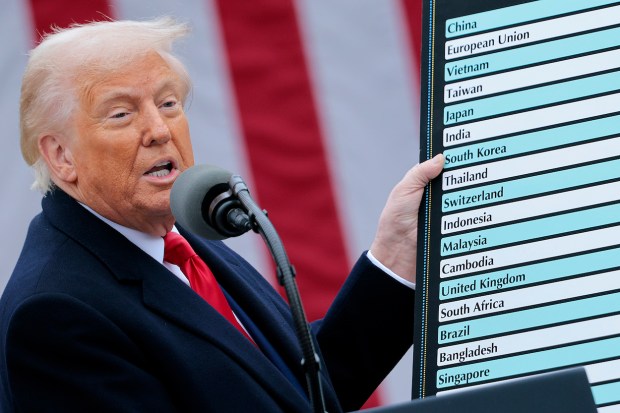The Chinese Communist Party is at the peak of its power as it enters its second century. But how long can it remain at its peak, at home and abroad.
It is timely to examine the CCP evolution over the last 100 years, then focus on potential paths ahead, when the Party’s grip on history and ideology will be among the key signposts as Xi intensifies Party control over country, society and — increasingly — the economy.
Are Xi and the Party holding on to the reins of power chiefly for the sake of doing so?
Xi’s keynote speech in Tiananmen Square at the great Party centenary rally chiefly looked to the Party’s historic successes and to the glorious present. He failed to map out a meaningful program for the future. The main message to the 70,000 gathered leading cadres was to keep on keeping on. Stay strong. This is likely to prove steadily harder to achieve, as winds of change begin to blow unpredictably, and the fog of unquestioning compliance conceals hard and dangerous truths.
The Party’s core goal is to control its own destiny, not only inside China but also – given the continuing importance of economic globalisation to China – in the wider world, in multilateral organisations and in every other country.
Its tentacles are enfolding China, its history and culture and people, ever more tightly, with the aim of making it impossible to prise Party and nation apart. This desired indivisibility is the Party’s true ‘China dream’ since any challenge to its ideology, history or leadership is thus seen as a threat to China itself.
But the more prosperous and better-educated Chinese generation that is emerging — whose underlying culture is naturally individualistic — may prove more ready to follow their own dreams than to support the Party’s constant exaltations of endless struggle. Much will depend on whether they can begin to imagine a past, present and future beyond or even without the Party.”
The Party’s elevation of General Secretary Xi Jinping to personality cult status injects a source of vulnerability to continued Party rule.
How is Xi to be succeeded, as his role takes on ever greater weight and he shows no sign of stepping aside, perhaps for a decade at least?
The answer matters, not only for China but also the world. While the destabilising impact of past power struggles had little impact on the outside world, the global fallout from a disorderly or contested succession in today’s China could be huge.
The Party’s challenges include rapid demographic decline; the tension between a need for technological innovation and entrepreneurialism, and Xi’s “common prosperity” shift back towards economic socialism; and international resistance to Party influence.
The CCP’s most important task in order to enjoy a further 70 years or more in unchallengeable power, is to continue to deny meaningful agency to alternative views of history, to the cultures and languages of China’s “minority” ethnic groups, to civil society and religions, and to Chinese people in general — to prevent China being separable from the Party’s all-encompassing embrace.
Rowan Callick is a veteran journalist and author, and an Industry Fellow with Griffith University’s Asia Institute. He has worked as a China correspondent for both The Australian and the Australian Financial Review. He is the author of the Centre for Independent Studies paper, Xi Dreams of 100 More Glorious Years for the Party: Might China Awake?, Party Time: Who Runs China and How, and has won two Walkley Awards for his coverage of China.

























